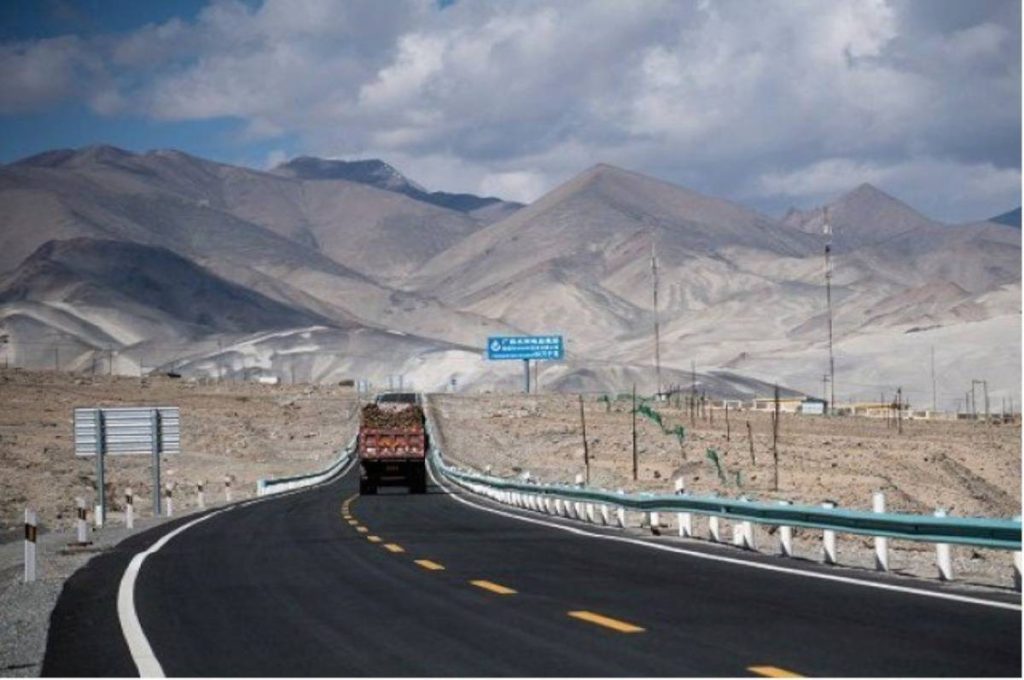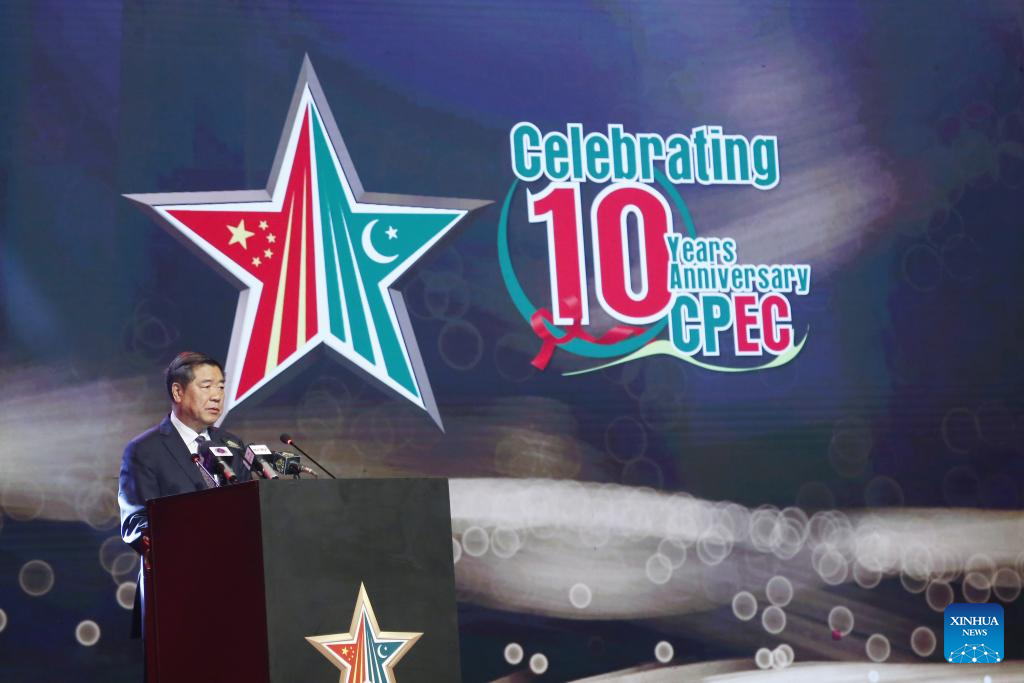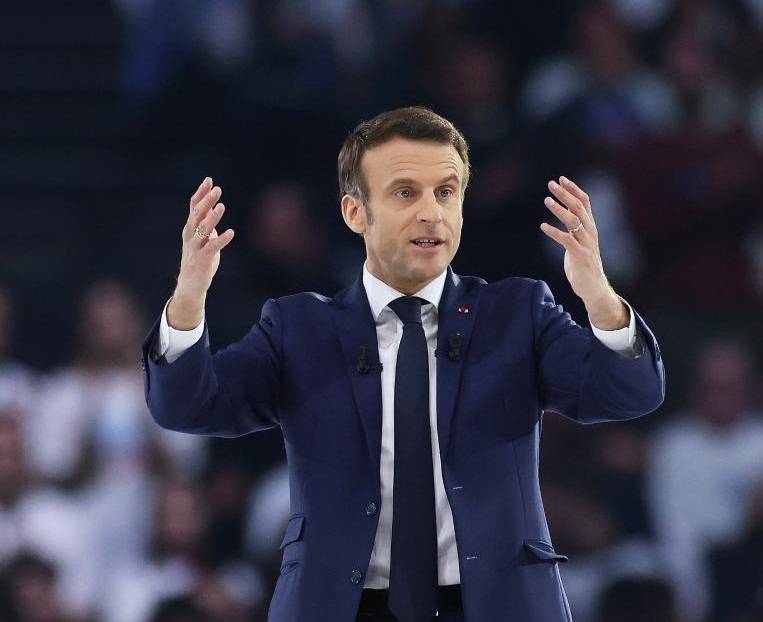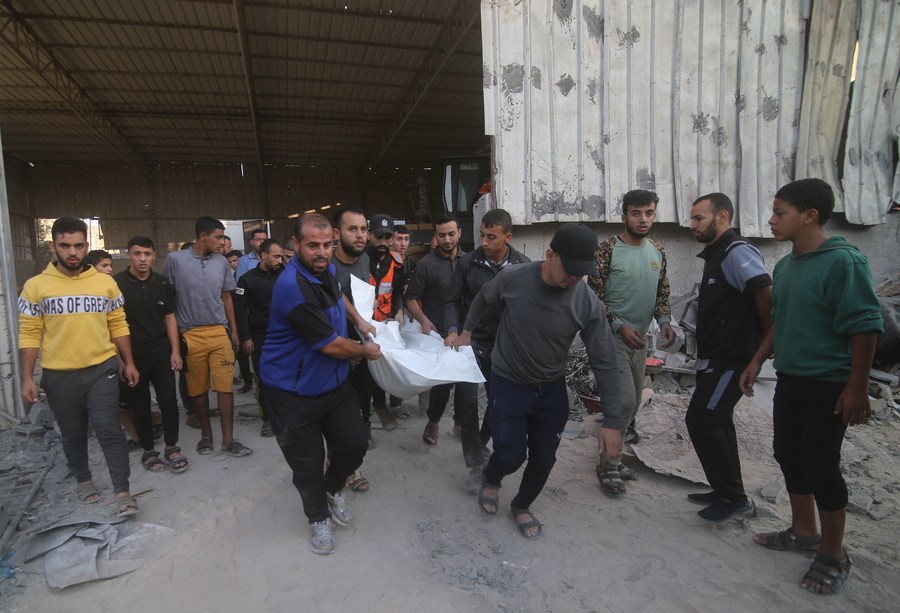“We failed to realise even one-fifth of the potential offered by the Belt and Road Initiative (BRI) and CPEC from 2013-18 and there was nothing after 2018,” admitted Privatisation Minister Fawad Hasan Fawad, who had overseen the project. He went on to say that what was in the pipeline in the shape of incomplete projects had been there since 2013. His reference to “nothing after 2018” indicates the period Imran Khan was Pakistan’s prime minister. Khan delayed going to the IMF and also let the CPEC projects stall, critics have said
Days after celebrating its 10th anniversary, a key Pakistani minister has admitted to his country having failed to realise “even a fifth” of the potential of the China-Pakistan Economic Corridor (CPEC).
Prime ministers of four governments chose to ‘scandalise’ the USD 62 billion project by boasting about it and using it for political gains, much against the Chinese counsel, according to Privatisation Minister Fawad Hasan Fawad, who had overseen the project.
His admission came two days before caretaker Prime Minister Anwarul Haq Kakar left for Beijing to celebrate the 10th anniversary of the Belt and Roads Initiative (BRI), the parent project of which the CPEC is the flagship, as described by President Xi Jinping.

Kakar is also scheduled to have crucial meetings with the Chinese leadership on ways the Chinese help Pakistan tide over the economic distress caused by a steep fall in hard currency reserves. Analysts say Pakistan has turned to China after the Gulf allies, Saudi Arabia and the UAE, now embroiled in a regional Israel-versus-Gaza conflict, have sternly asked Pakistan to carry out structural reforms.
Pakistan is also urgently seeking more aid as part of its 23rd bailout from the International Monetary Fund (IMF) as economic distress continues to mount. Its current account deficit reached $19 billion in 2018, which led to a severe external sector crisis and ended up in a three-year IMF deal.
“We failed to realise even one-fifth of the potential offered by the Belt and Road Initiative (BRI) and CPEC from 2013-18 and there was nothing after 2018,” admitted Fawad. He went on to say that what was in the pipeline in the shape of incomplete projects had been there since 2013. His reference to “nothing after 2018” indicates the period Imran Khan was Pakistan’s prime minister. Khan delayed going to the IMF and also let the CPEC projects stall, critics have said.
Taking the entire decade into account, however, Fawad said the projects begun in 2013 had remained “where they are today.” During the Nawaz Sharif years, the CPEC was allegedly drawn to benefit Punjab at the expense of other provinces.
During his visit to Pakistan, Chinese President Xi Jinping asked Pakistan not to do four things “but we did every one of four that he advised us not to do for making progress and development”, said the minister.
“Whatever is happening on Pakistan’s economic front is happening because of us, not because of CPEC,” said Fawad.
Fawad, who was Pakistan’s focal person on CPEC affairs during the peak of the multibillion-dollar initiative, gave a candid but soul-searching speech at the KTrade event. The event was arranged to look back at the first 10 years of CPEC, the Express Tribune newspaper (October 13, 2023) reported.
So far, $25 billion has been invested under CPEC in over 20 projects and 68% of the investment was in the power sector, according to the KTrade brief. China had committed $62 billion in investment that could not materialise “because of Pakistan’s follies.”
China wanted Pakistan to increase its exports by an additional $20 billion to $25 billion from 2015 to 2020 to survive “but we failed”. Fawad said: “Our biggest failure was that we could not increase exports by putting together Special Economic Zones” under CPEC, said the minister. Pakistan and China had agreed to set up five SEZs but none is still functional.”
Fawad disclosed that Pakistan could not implement $62 billion of CPEC projects and “yet we kept talking about these numbers for political benefits”. “Putting a number to CPEC in public was a political move, which no country does in the world, except us,” said Fawad.
“We were advised by China that there was no need to talk about these billions of dollars investment figures but we kept talking about these numbers.”
The minister claimed that “had we not scandalised CPEC for political point scoring, Chinese investors would have invested two to three times more in Pakistan.” A comparative study carried out by KTrade, an investment advisory firm, revealed that in 2014, Chinese investment in Indonesia was less than $2 billion, which in 2020 increased to over $7 billion per annum. Compared to this, the Chinese investment in Pakistan was over $600 million in 2014 and in 2022 dropped to below $500 million per annum despite CPEC, according to KTrade.








